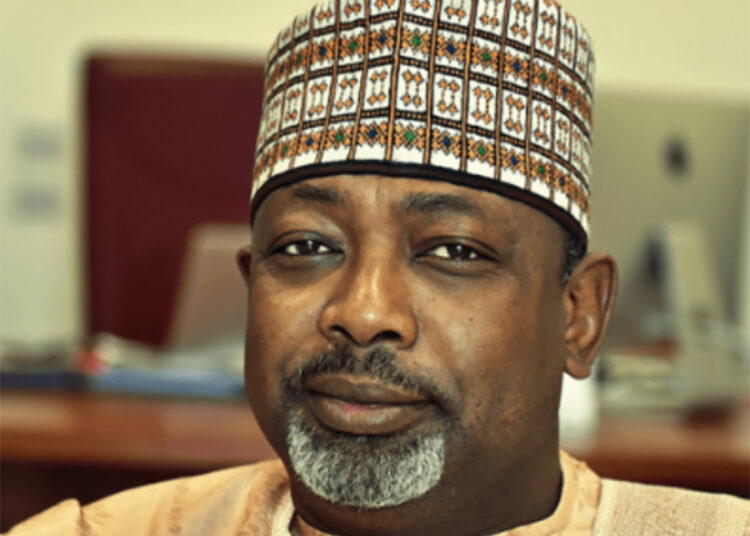Federal government has promised to strengthen Nigeria’s seed system and achieve food sovereignty through policies, innovation, and global partnerships designed to transform the agricultural sector.
The minister of Agriculture and Food Security, Abubakar Kyari, stated this during the 2025 World Food Forum Global “Seeds to Foods” Exhibition organised by the Food and Agriculture Organisation (FAO) of the United Nations in Rome.
In a statement issued by the ministry’s head of Information, Ezeaja Ikemefuna, Kyari highlighted the FAO–Türkiye–Nigeria South–South Cooperation Programme as one of the key initiatives driving progress in Nigeria’s agricultural transformation.
The programme, he noted, focused on improving dryland farming, boosting food production, reducing poverty, enhancing seed quality, and strengthening global partnerships, with Borno State serving as the pilot site.
“We see great potential to scale up this initiative, not only to improve livelihoods in Borno State but also to position Nigeria as a regional hub for the production and export of high-value crops, with our vast arable land, entrepreneurial farmers, and the support of FAO, Türkiye, and other partners, we can unlock new markets and drive inclusive agricultural growth.”
“When we strengthen our seeds, we strengthen our farmers; when we secure our seeds, we secure our nation’s future,” he said.
Kyari explained that the programme is built on knowledge exchange and resource sharing, focusing on the introduction of improved crop varieties, farmer training, and infrastructure development such as irrigation systems to support year-round cultivation.
He revealed that the initiative had introduced 10 Turkish crop varieties alongside five local Nigerian types, established 219 field demonstrations and 14 seed multiplication plots, and identified October 15 as the optimal sowing window for higher yields.
According to him, the project has produced 7.5 tonnes of seed, including 684 kilograms from newly introduced legumes such as chickpea and lentil. It also trained 186 participants, including 55 women, through capacity-building programmes and exchange visits to Türkiye on seed processing, value addition, and post-harvest handling.
The programme’s total investment of USD 200,000 covered training, demonstrations, and institutional development, with infrastructure support that included boreholes and field equipment to enable irrigation and dry-season farming.
“To sustain this progress, we must promote policies that foster transparency, innovation, and private sector participation; invest in research to develop climate-resilient, high-yielding varieties; strengthen certification and quality assurance systems; and empower the National Agricultural Seeds Council to serve both national and regional markets with certified, high-quality seeds,” Kyari added.
Kyari praised the government of the Republic of Türkiye and FAO for their partnership, which has introduced new crops such as lentils, fenugreek, coriander, chickpea, black cumin, buckwheat, and dry beans to Nigeria’s drylands.
These crops, he said, present promising opportunities for improved nutrition, income generation, and climate resilience, marking a crucial step toward diversifying Nigeria’s agricultural base.





